Mexico might soon become the next country to follow El Salvador’s footsteps and grant Bitcoin (BTC) legal tender status in its jurisdiction. A Mexican senator plans to propose a crypto law to the Mexican Congress this year, one that is based on El Salvador’s Bitcoin Law.
Indira Kempis, a senator representing Nuevo León state, is convinced that Mexico should grant Bitcoin legal tender status as adopting the crypto could potentially drive global financial inclusion. “It is clear to me that financial exclusion is one of the public problems that few of us have addressed with feasible alternatives, and that this type of technology is allowing us to generate an alternative, a path, a solution so that millions of people can be included in the financial system,” the Mexican senator told El Salvador In English publication in an interview.
Bitcoin adoption has changed the perception of the global community towards El Salvador as they are now focused on the newly opened opportunities brought by the move. “It is a historic opportunity that this type of project is being carried out in a Central American country,” the senator added. “Every time El Salvador was discussed, it was always to address issues of migration, violence, and organized crime, and now the world’s gaze is not on those public problems, but because of this great call at a global level with bitcoin.”
Indira Kempis is urging Mexico to follow El Salvador’s lead as early as possible. “We need bitcoin to be legal tender in Mexico because if it is not so, if we do not make that decision as El Salvador did, it is very difficult to take action,” she added.
The senator is also hopeful that other countries will consider the approach as well so their citizens can enjoy the benefits of financial inclusion. “It does seem to me that this revolution will reach all countries, and the people who are excluded will have this opportunity to develop and be included in the financial system,” she said. “Making bitcoin a legal tender means putting a level playing field for people who are excluded in almost all countries.”





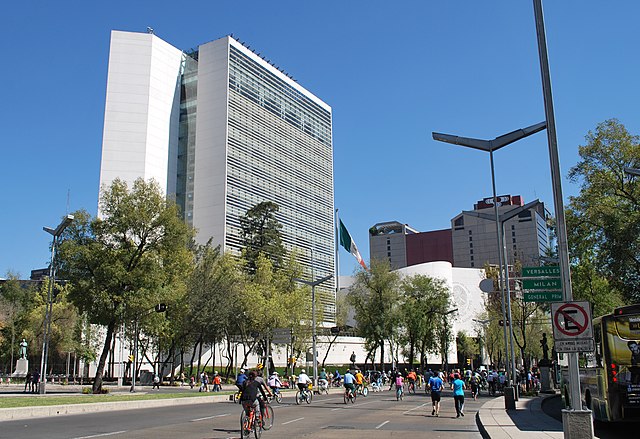

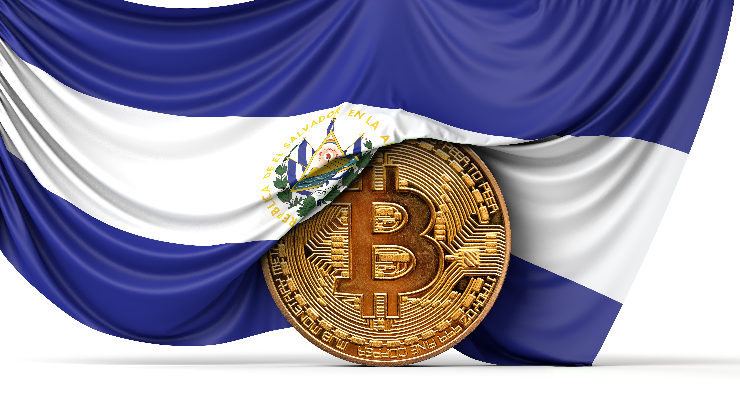








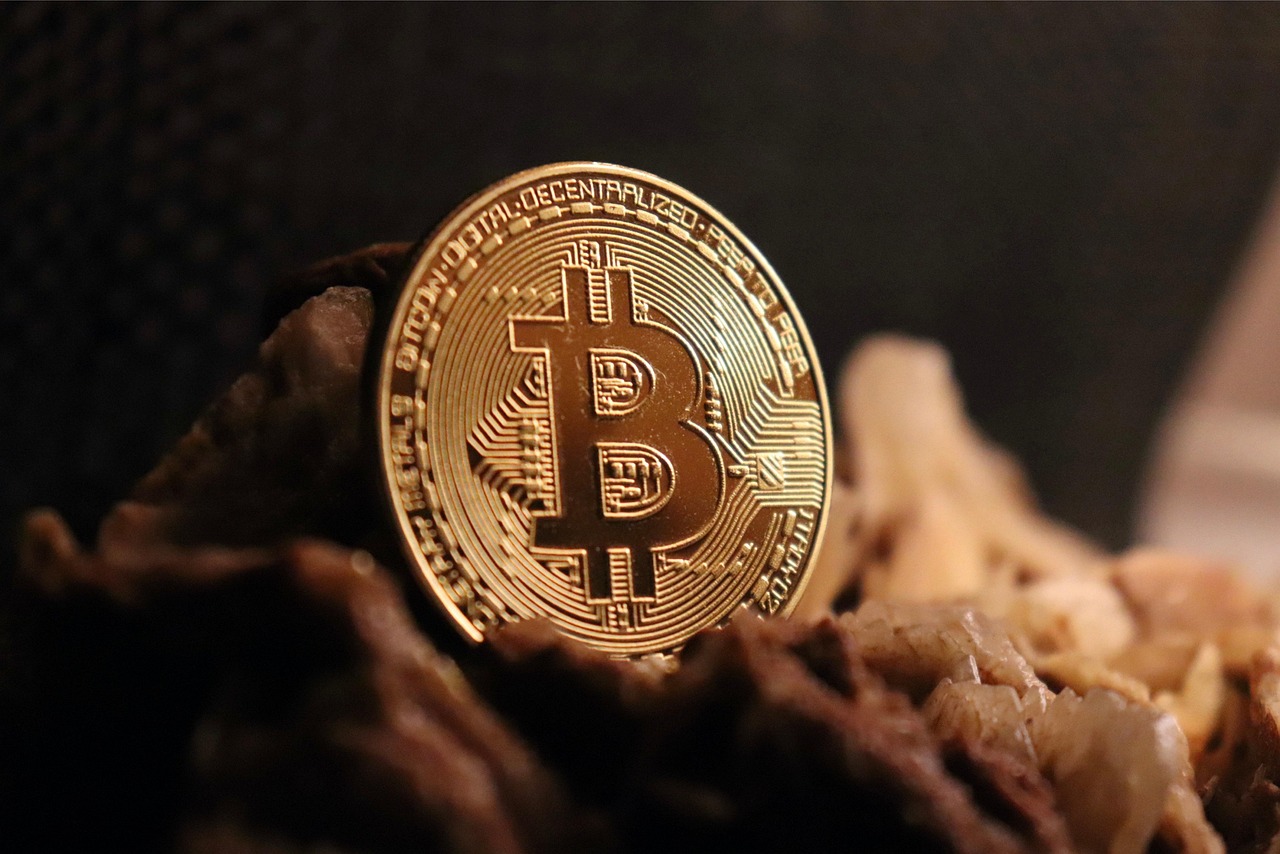



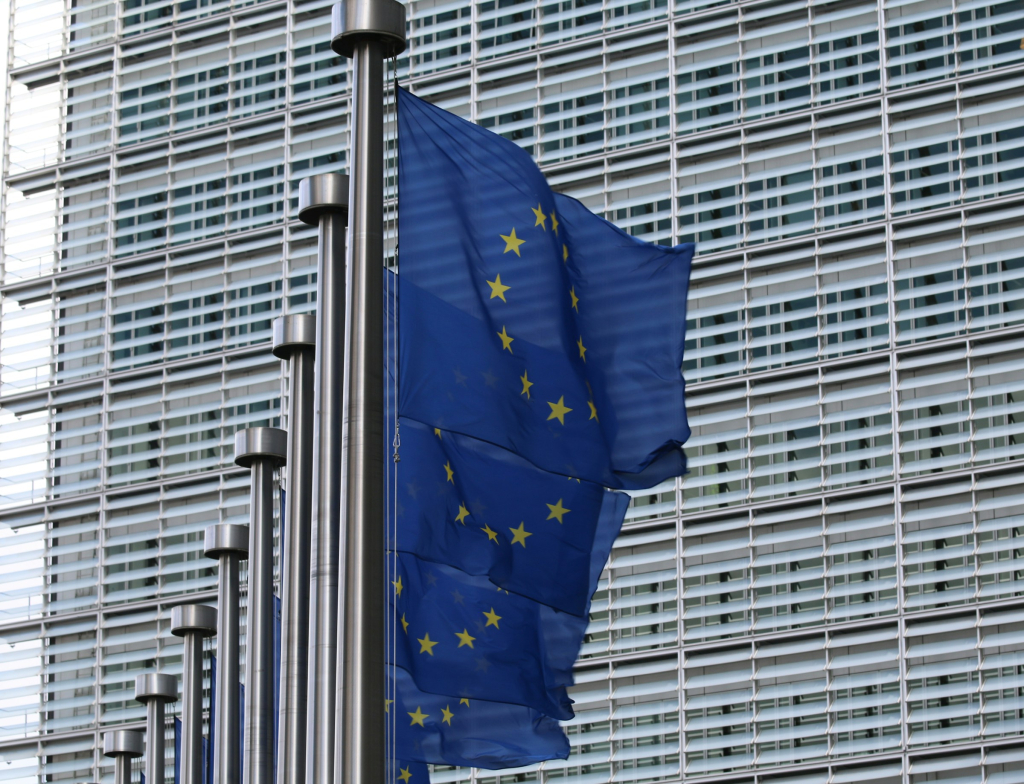

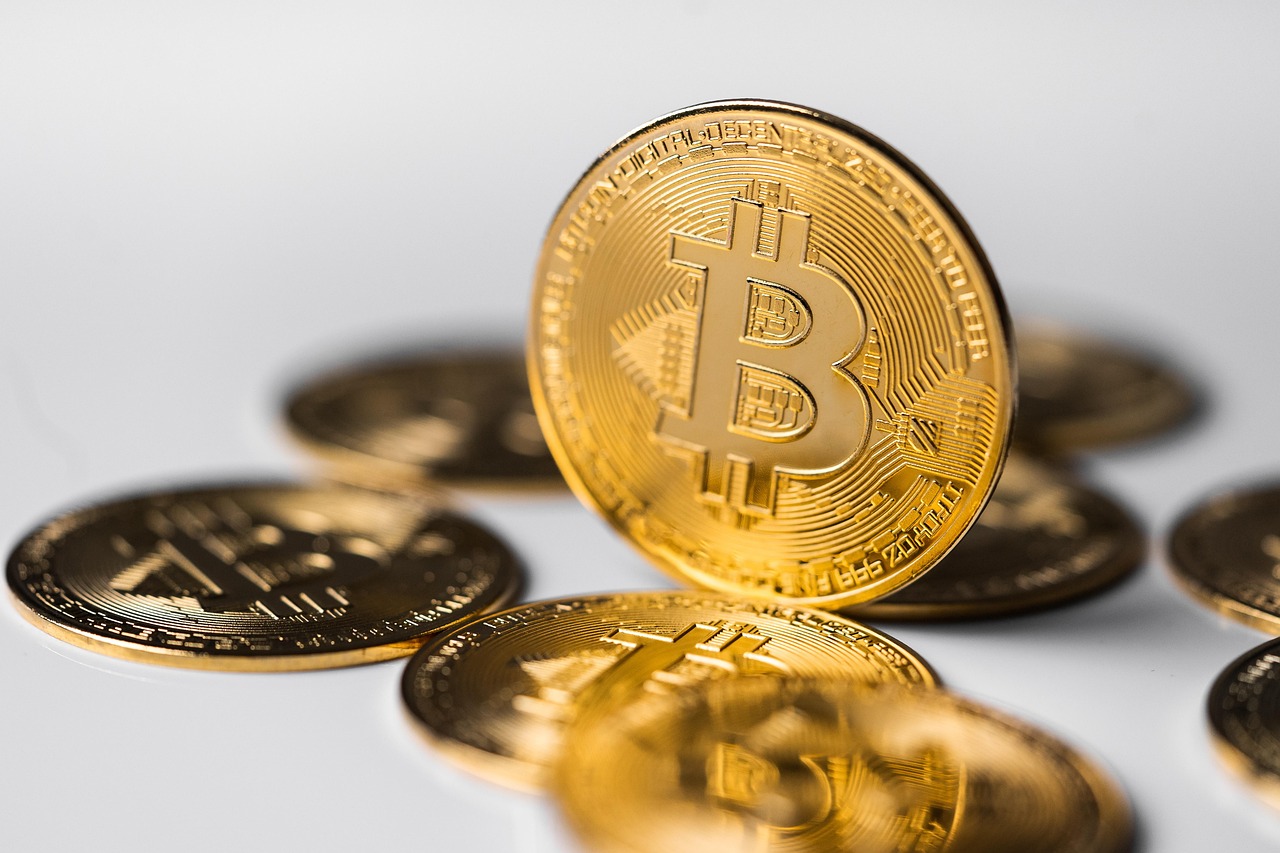

Comment 25